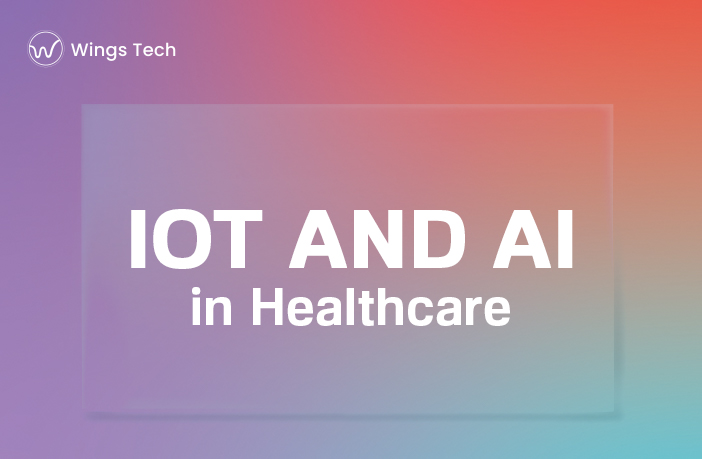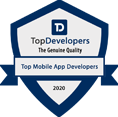IoT and AI in Healthcare Are Poised to Transform the Industry

Currently, Artificial Intelligence is becoming a hot topic, and IoT integration is becoming a common practice among companies.
The healthcare industry has always been at the forefront of technological innovation, and the latest mandate is to harness the power of data to improve patient outcomes. With the advent of new technologies such as AI, IoT, chatbots, and blockchain, healthcare regimens can be improved to be more proactive and efficient for patients and employees alike.
By integrating these tech-digital breakthroughs further, healthcare providers are creating new avenues to differentiate their inpatient care and transform the industry.
We will explore how IoT and AI can be used to accelerate patient care by taking precautions. In the aftermath of COVID-19, IoT and AI will play an increasingly prominent role in healthcare.
1. Privacy and security are enhanced
A complex set of privacy regulations poses a formidable barrier to healthcare innovation teams. It is a challenge for healthcare organizations to adopt cutting-edge technologies without complying with HIPAA. New privacy laws in Europe, such as GDPR, and California, such as CCPA, are complicating the process. At the edge, data is processed locally rather than in the cloud, so the user retains control over it. If IoT applications can operate without having to collect and store all that sensitive patient information, compliance burdens become significantly lighter.
2. Reduced latency
Latency must be as low as possible for many healthcare applications. Wearable heart monitors, or hospital wristbands with connected sensors, are examples. In order to track patient health remotely, these devices collect patient data and transmit it to the cloud. A slowdown in data processing may prevent doctors from detecting a sudden change in a patient’s heart rate or blood pressure in time to respond. Real-time data processing will become more critical as consumer demand for health-related wearables grows.
3. Robot caregivers
The future won’t be dominated by machines, so don’t expect them to replace your family physician. Nevertheless, new developments in robotics and artificial intelligence have ushered in Industry 4.0, and automatic voice assistants powered by artificial intelligence will undoubtedly play a larger role in patient experiences in the near future. Doctors, nurses, and administrators will spend more time with patients (whether in person or via telemedicine) when these devices are used, rather than replacing them.


















